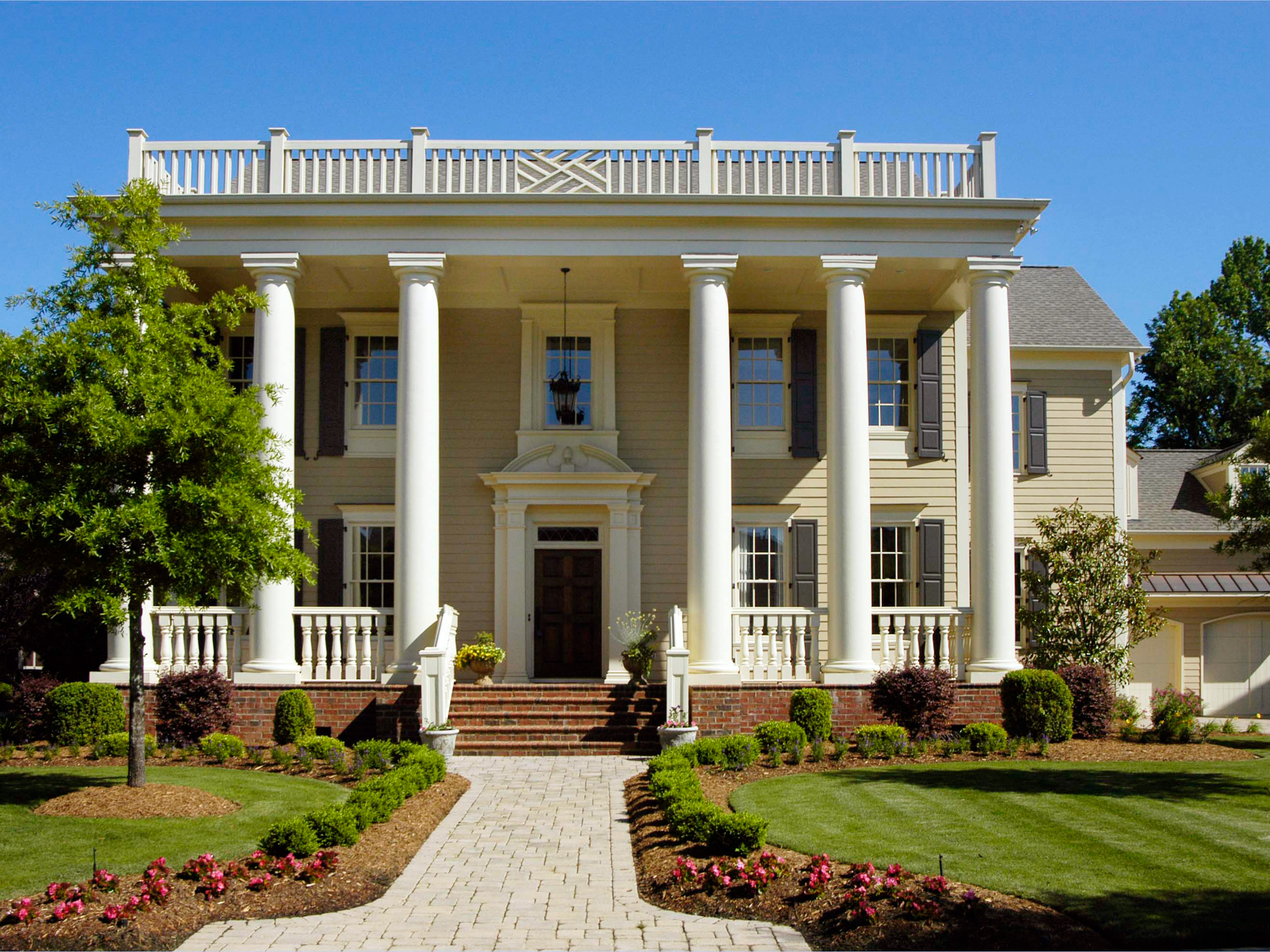When it comes to achieving your perfect house or embarking on a significant remodeling endeavor, selecting the best architect can make a world of difference. An architect is not just a designer; they are a crucial ally in turning your vision into a concrete reality. With so many choices available, understanding what to look for when selecting an architect can help you select the professional that perfectly matches with your desires and ambitions.
In this guide, we will examine the important characteristics and elements that can guide you through the process of hiring an architectural designer. From recognizing the key traits that distinguish a remarkable architectural expert apart to recognizing potential red flags, we will arm you with the insight you must have to make an informed decision. Whether you are a new homeowner or a seasoned developer, locating the right architectural professional for your endeavor is a pivotal step in designing environments that inspire and elevate your quality of life.
Key Qualities to Look for in an Architect
As you are searching for an architect, a significant aspect to consider is their experience and portfolio. A strong track record demonstrates the architect's ability to produce successful outcomes that align with clients' vision. Evaluate their past work to ensure they have experience in the specific area you desire, whether it's housing, business, or niche projects. A broad portfolio indicates versatility, while particular expertise in your ideal style or function assures they can bring your ideas to reality.
Furthermore, crucial quality is the architect's communication proficiency. An effective architect should be able to hear carefully to your needs and ideas, transforming them into a cohesive design. They should also be able to communicate their thoughts effectively and provide regular updates throughout the project. Good communication not only fosters a good working relationship but also guarantees that everyone involved is on the same wavelength, which is crucial for the effective implementation of your project.
Finally, consider the architect's capability to solve problems. Design and construction can involve unexpected setbacks, from compliance issues to budget constraints. A great architect should show innovation and flexibility in overcoming obstacles. Their ability to analyze effectively and offer innovative solutions can make a significant difference in how smoothly your project moves forward, ultimately leading to a favorable result that meets your expectations.
This Architectural Hiring Guide
When hiring an architect, it's essential to have a clear knowledge of what you need. Start by establishing General contractor Washington DC and financial plan. Think about the extent of your project and how the architect's competence corresponds with it. Will you require them for design, oversight during construction? Having a detailed project brief will assist you communicate effectively and ensure candidates grasp your ideas.

After that, assess potential architects by examining their portfolios and past work. Look for projects that are comparable in scale and style to what you're imagining. This will aid you determine if their design aesthetic resonates with your preferences. Additionally, check their credentials, licenses, and any industry affiliations to ensure they meet professional standards and regulations.
Finally, don't overlook the importance of communication and relationship. Arrange consultations with your shortlisted architects to discuss your project and evaluate their responsiveness and willingness to collaborate. General contractor Washington DC about their method to client interaction and how they handle challenges. A solid working relationship is essential for a successful collaboration, making it the final key consideration in your architect hiring guide.
Warning Signs to Avoid When Hiring
When selecting an architect for your endeavor, be aware of any lack of communication or slow response. If an architect does not promptly return your phone calls or emails during the initial discussions, this could suggest a pattern that may continue throughout the project. Effective communication is essential in ensuring that your ideas is understood and that any issues are addressed quickly, so don’t overlook this red flag.
Another concerning sign is a absence of a well-defined portfolio or references. If an architect has difficulty providing examples of previous projects or testimonials from former clients, this may indicate a lack of experience or confidence in their skills. A strong portfolio not only demonstrates their design style but also proves their capability to handle projects comparable to yours. Be sure to ask for and thoroughly review this information before making a final decision.
Finally, be wary if you encounter architects who provide quotes that seem unrealistically low. While everyone appreciates a good deal, markedly lower fees could imply that the architect is not fully aware of the scope or may cut corners on quality to meet their fees. Always consider the balance between cost and value; hiring a qualified architect is an important step in the prosperity of your endeavor.
